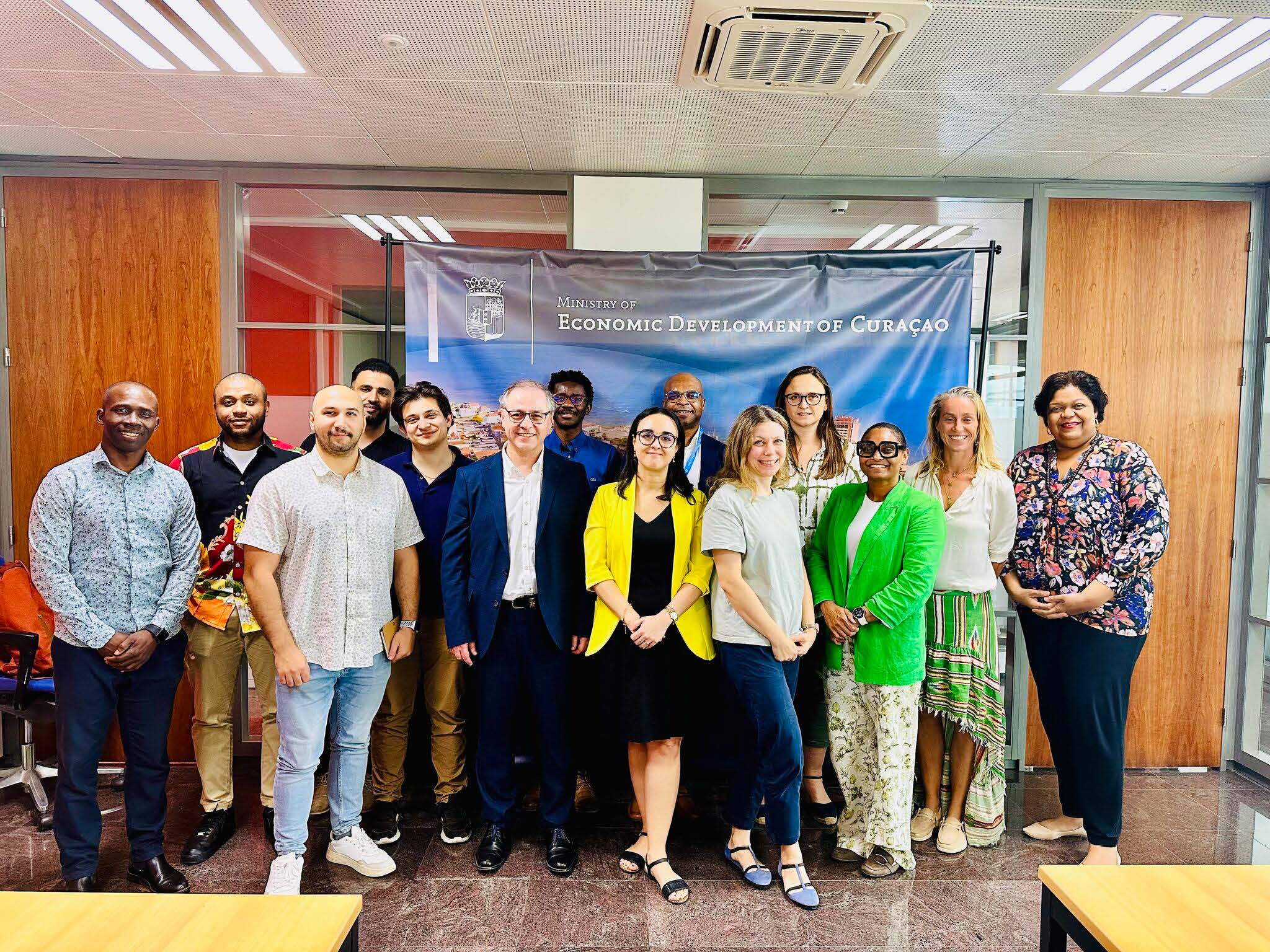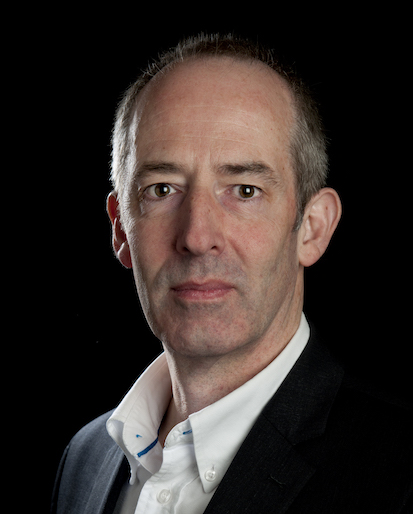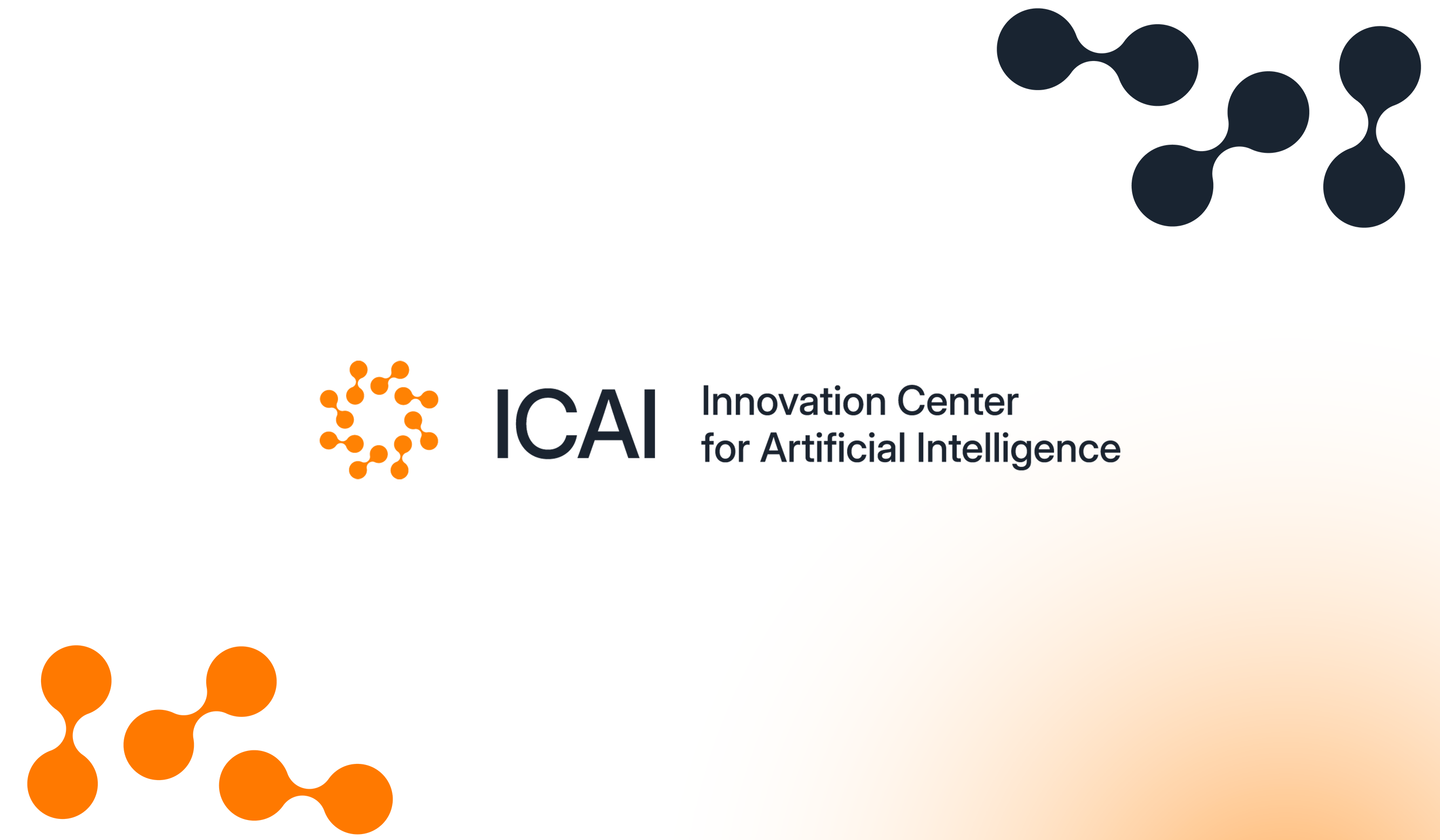
In Nederland zijn onderzoek en innovatie geen kwestie van een dwingende, almachtige overheid. En we laten onderzoek en innovatie ook niet over aan de ambities en grillen van marktpartijen. In de beste Nederlandse traditie van overleg, verstandige compromissen, en het nemen van verantwoordelijkheid, zetten kennisinstellingen, de industrie, overheidsorganisaties, en maatschappelijke partijen samen de schouders onder onderzoek, innovatie, en het ontwikkelen van talent. Hiermee stimuleren we productiviteit en creativiteit, en jagen we ondernemerschap en zowel technologische als maatschappelijke doorbraken aan.
Kennis- en innovatie-ecosysteem
Sinds jaar en dag rust deze Nederlandse traditie van samenwerking in onderzoek en innovatie op speciaal daarvoor ingerichte financieringsinstrumenten. Zo kent NWO NWA-ORC en Perspectief, twee financiëringsinstrumenten voor onderzoekers waarbij bedrijven aansluiten met een relatief beperkte bijdrage (30%). En het Ministerie van EZK kende tot voor kort de PPS-toeslag, een stimulans voor industriële investeringen in onderzoek, met een relatief beperkte publieke bijdrage (30%) op basis van substantiële bedrijfsinvesteringen. Op deze pijlers is een uniek kennis- en innovatie-ecosysteem ontstaan, met ruimte voor breed gedragen bottom-up initiatieven naast missiegedreven top-down agenda’s. Dit heeft, onder andere, de ideale condities geschapen om ICAI, het Innovation Center for AI neer te zetten: een brede verzameling samenwerkingsverbanden voor onderzoek en innovatie in AI, met alle Nederlandse universiteiten en universitair medisch centra, met meer dan 150 bedrijven en organisaties, en met een kleine 350 promovendi in AI.
Zagen aan de pijlers
Sinds 2024 is de PPS-toeslag afgeschaft, een maatregel die lijkt te zijn ingegeven door de wens van de overheid om sterker te sturen op haar eigen agenda. Waar bedrijven voorheen konden rekenen op de PPS-toeslag ter ondersteuning van substantiële initiatieven, is er nu alleen een focus op de agenda’s van de zogeheten Topconsortia voor Kennis en Innovatie (TKI’s). De overheid bepaalt steeds meer de richting van investeringen. Het gevolg is dat initiatieven van marktpartijen minder worden gestimuleerd. En dit zet druk op de traditionele Nederlandse kernwaarde van gezamenlijk eigenaarschap in onderzoek en innovatie. We zien dat publiek-private samenwerkingen die afhankelijk zijn van een substantiële inzet vanuit de markt, snel afnemen. De vraag rijst of deze kanteling niet juist de kracht van innovatie en samenwerking in Nederland ondermijnt, en of we hiermee niet steeds verder wegdrijven van de minimale onderzoeksinzet van 3% van het BBP om internationaal mee te komen. Oproep
We roepen het kabinet-Schoof op om in de beste Nederlandse traditie in onderzoek en innovatie te investeren. Zet niet alleen in op de eigen onderzoeksagenda van de overheid, maar jaag ook substantiële, publiek-private innovatie-initiatieven aan die vanuit de markt komen om daarmee het welzijn en de welvaart van het Nederland van morgen en overmorgen veilig te stellen.
Maarten de Rijke, Esther Smit
Maarten de Rijke is Universiteitshoogleraar aan de Universiteit van Amsterdam en wetenschappelijk directeur van het Innovation Center for AI. Esther Smit is zakelijk directeur van het Innovation Center for AI.
—
End of a Dutch tradition in research and innovation?
Scientific research and innovation are anessential part of our knowledge society. Investments in research are the engineof economic and social development. Curiosity-driven research is crucial forbuilding resilience against known and unknown challenges.
In the Netherlands, research and innovation are not a matter of a coercive, all-powerful government. And we do not leaveresearch and innovation to the ambitions and whims of market parties. In thebest Dutch tradition of consultation, sensible compromises, and takingresponsibility, knowledge institutions, industry, government organizations, and societal stakeholders work together on research, innovation, and thedevelopment of talent. In this way, we stimulate productivity and creativity,and we energize entrepreneurship and both technological and socialbreakthroughs.
Knowledge and innovation ecosystem
For years, this Dutch tradition of collaboration in research and innovation has rested on specially designed funding instruments. For example, NWO has the NWA-ORC and Perspectief programs, two funding instruments for research projects, where companies can join with a relatively limited contribution (30% of the total budget). And until recently, the Ministry of Economic Affairs and Climate Policy had the so-called PPS allowance, an incentive for industrial investments in research, with a relatively limited public contribution (30% of the total budget) but with substantial business investments.
Building on these pillars, a unique knowledge and innovation ecosystem has emerged, with room for broadly supported bottom-up initiatives alongside mission-driven top-down agendas. This has, among other things, created the ideal conditions for setting up ICAI, the Innovation Center for AI: a broad collection of partnerships for research and innovation in AI, with all Dutch universities and university medical centers, with more than 150 companies and organizations, and with almost 350 PhD candidates in AI.
Sawing at the pillars
The PPS allowance has been abolished since 2024, a measure that seems to have been prompted by the government’s desire to steer its own agenda more strongly. Where companies used to be able to count on the PPS allowance to support substantial initiatives and investments in knowledge creation, there is now only a focus on the agendas of the so-called Top Consortia for Knowledge and Innovation (TKIs).
The national government increasingly determines the direction of investments. As a result, initiatives from market parties are less stimulated. And this puts pressure on the traditional Dutch core value of joint ownership in research and innovation. We see that public-private partnerships that depend on substantial input from the market are rapidly declining. The question arises whether this shift is not actually undermining the power of innovation and collaboration in the Netherlands, taking us further away from keeping up internationally with a minimum research investment of 3% of GDP.
Call
We call on the Schoof cabinet to invest in research and innovation in the best Dutch tradition. Do not only focus on the government’s own research agenda, but also stimulate substantial, public-private innovation initiatives that come from the market in order to safeguard the well-being and prosperity of the Netherlands of tomorrow and the day after tomorrow.
Maarten de Rijke, Esther Smit
Maarten de Rijke is a University Professor at the University of Amsterdam and scientific director of the Innovation Center for AI. Esther Smit is business director of the Innovation Center for AI.


